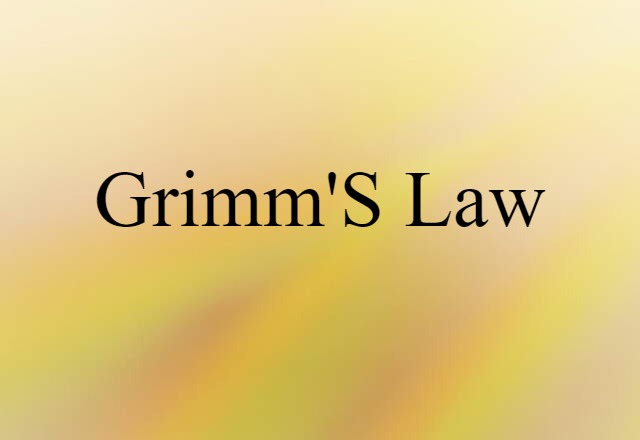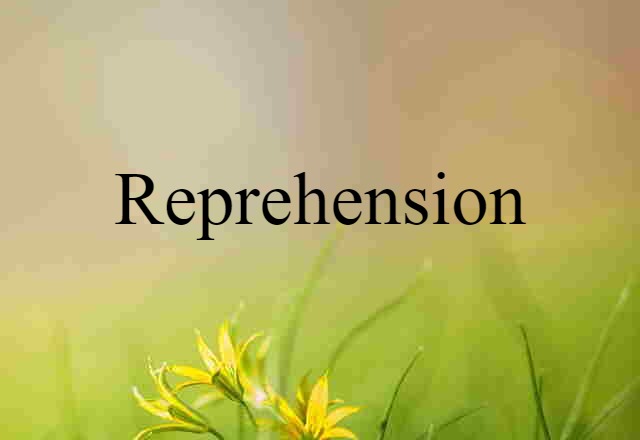- the statement of the regular pattern of consonant correspondences presumed to represent changes from Proto-Indo-European to Germanic, according to which voiced aspirated stops became voiced obstruents, voiced unaspirated stops became unvoiced stops, and unvoiced stops became unvoiced fricatives: first formulated in 1820–22 by Jakob Grimm, though the facts had been noted earlier by Rasmus Rask.
- the rules accounting for systematic correspondences between consonants in the Germanic languages and consonants in other Indo-European languages; it states that Proto-Indo-European voiced aspirated stops, voiced unaspirated stops, and voiceless stops became voiced unaspirated stops, voiceless stops, and voiceless fricatives respectively
















